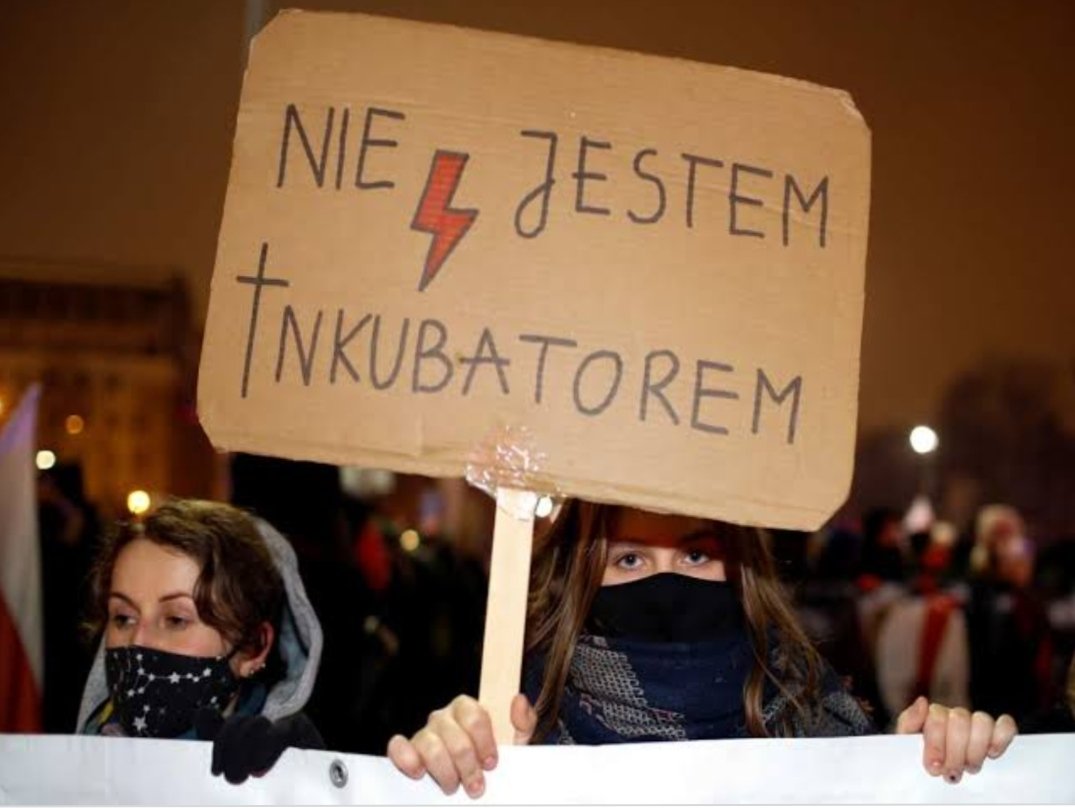Keypoints:
- A near-total ban on abortion has taken effect in Poland and triggered a new round of nationwide protests three months after a top court ruled that the abortion of congenitally damaged fetuses is unconstitutional.
- More anti-government demonstrations are planned for Thursday evening.
- Poland’s top human rights official denounced the further restriction of what was already one of the most restrictive abortion laws in Europe, calling it a tragedy for women.
Poland came up with a near total ban on abortion and has triggered another round of nationwide protest three months after a top court ruled that the abortion of congenitally damaged fetuses is unconstitutional.People protest against new anti-abortion laws, near the ruling Law and Justice party headquarters in Warsaw, Poland Wednesday Jan.
In Warsaw the atmosphere was tense and police detained three people who they said “had invaded the territory of the Constitutional Tribunal.” Women’s Strike insisted that a total five people had been detained and said one of them was Klementyna Suchanow, one of the leaders of the movement.
“I wanted to have more children, you killed this desire,” read a banner held by one woman among the demonstrators in Warsaw.Some Polish women said that if they are denied the right to terminate pregnancies in cases of badly deformed fetuses, they would not try to have children at all.
“The state wants to further limit their rights, risk their lives, and condemn them to torture,” said Adam Bodnar, the human rights commissioner, or ombudsman, whose role is independent from the Polish government. “This offensive is opposed by civil society.”
On Wednesday, Poland’s constitutional court issued a justification of a controversial October ruling that bans abortions in cases of fetuses with congenital defects, even ones so severe that there is no chance of survival upon birth. The government then published the court’s ruling in a government Journal of Laws. Those steps were the formal prerequisites required for the new law to enter into force.
In a more than 200-page ruling, the constitutional court argued that allowing abortion when there are congenital defects is unconstitutional because the Polish Constitution protects human life.

